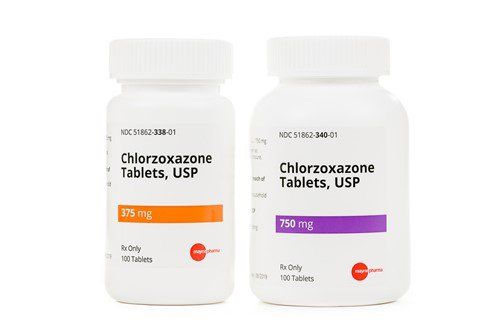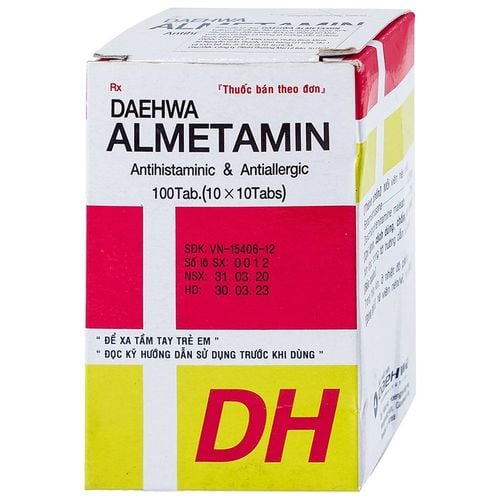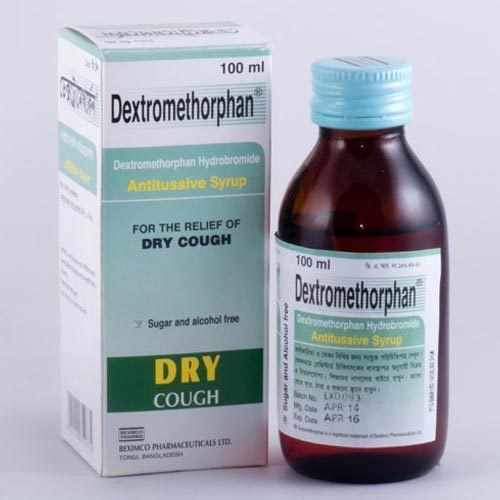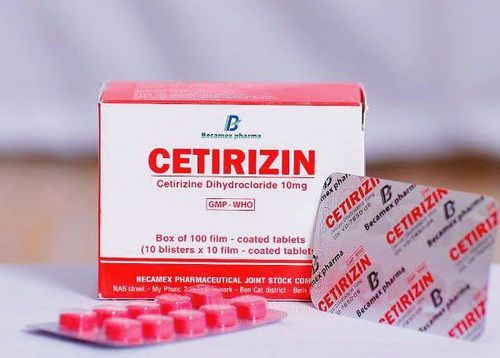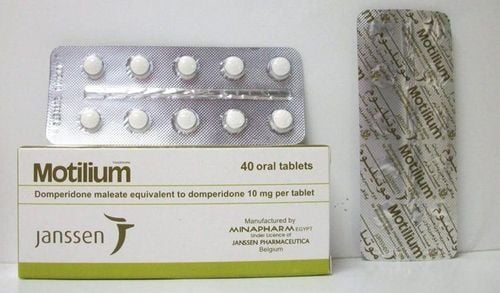This is an automatically translated article.
Posted by Pharmacist Dinh Thi My Hanh - Faculty of Pharmacy, Vinmec Central Park International General Hospital
Dexchlorpheniramine is an antihistamine, used to treat allergic symptoms such as sneezing, runny nose, runny nose, ... of allergic rhinitis, common cold. Medicines do not require a prescription and are easily purchased at drugstores. Therefore, it is essential to know the information about this drug.
1. Dosage form and content
On the market, there are 2 dosage forms of Dexchlorpheniramine.
Tablets with concentrations of 2mg, 6mg Form of syrup with content of 2mg/5ml
2. Uses
Dexchlorpheniramine is an antihistamine that relieves symptoms of allergies and common colds such as rash, itchy eyes/nose/throat/skin, cough, runny nose, sneezing

Dexchlorpheniramine có công dụng làm giảm các triệu chứng như hắt hơi, sổ mũi,...
3. Dosage
Adults: 2mg every 4-6 hours, or 4mg to 6mg every 8-10 hours
Children 6-11 years old: 1mg every 4-6 hours
Dosage:
This medicine can be taken together with food. The medicine should be taken at the same time of day (evening) to avoid forgetting and the medicine can cause drowsiness.
Drug dosage is based on medical condition, age and response to treatment. Do not increase/decrease your dose on your own or take this medication more often than directed. Do not use with other cough and cold medicines with similar ingredients.
Do not use products to treat cold symptoms in children under 6 years of age without consulting a doctor. Consult your doctor and pharmacist for more details on safe use of medications.
4. Side effects
Similar to other drugs, Dexchlorpheniramine can cause the following side effects:
On the autonomic nervous system: Drowsiness, dizziness, constipation, urinary retention, blurred vision or dry mouth/nose/throat possible, hypotension, hallucinations, tremor Hypersensitivity reactions: rash, urticaria, pruritus, edema, anaphylaxis If there are any serious side effects, including: mental changes / mood (such as restlessness, confusion), difficulty urinating, fast/irregular heartbeat, edema, difficulty breathing contact your doctor immediately.

Người bệnh có thể xuất hiện tình trạng chóng mặt sau khi sử dụng thuốc
5. Caution
People with a history of allergy to drugs People with respiratory diseases (asthma, emphysema) People with glaucoma, cardiovascular disease People with stomach pain, hyperthyroidism, difficulty urinating Do not use drugs when operating machinery, vehicles Do not use the drug while taking MAO antidepressant drugs or alcohol because it increases the sedative effect of the drug, causes strong drowsiness and causes constipation, urinary retention, dry mouth Need to be careful and must Talk to your doctor carefully before using this medicine for pregnant and breast-feeding women. Dexchlorpheniramine is almost similar to Chlorpheniramine. Therefore, drugs containing Chlorpheniramine should not be used while taking Dexchlorpheniramine
References: webmd.com; drugs.com




